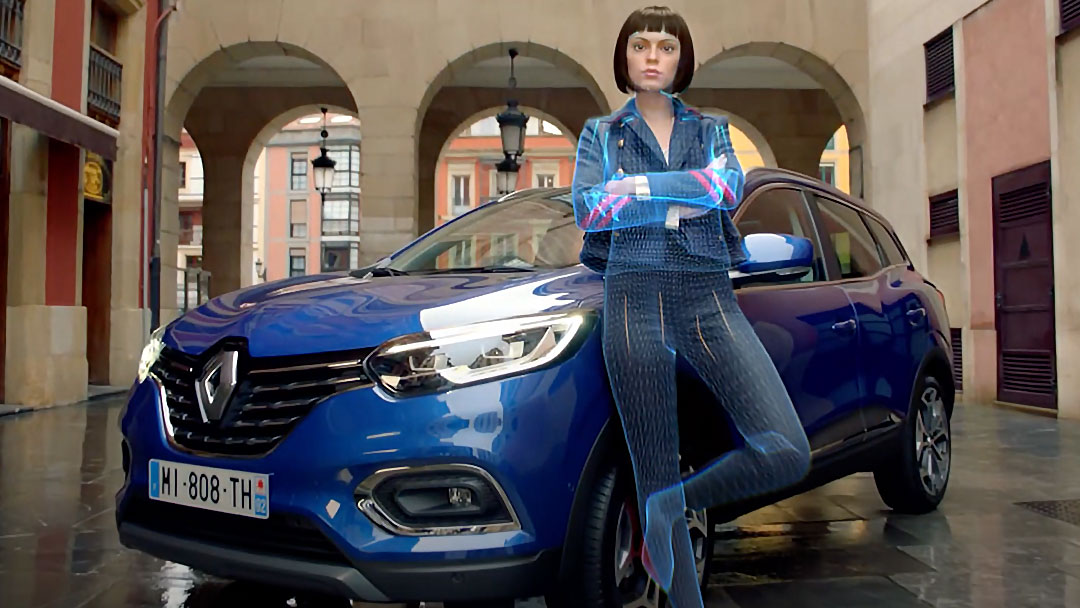3 Reasons Why Companies Should Use Virtual Influencers
What is a virtual influencer? Essentially, it’s a computer generated person. In many ways, virtual influencers are like traditional human influencers, except they “live” to serve the brands they’ve been created for—quite literally. Make no mistake, virtual influencers are not the answer for every brand. At present, they’re still not quite able to climb out of the uncanny valley that most humanesque creations find themselves in. Despite their inherent challenges, there are some real reasons why virtual influencers could be beneficial to a business.
1. They get followers.
Some virtual influencers have reached the million follower mark. One is Miquela, with almost three million followers. Followers usually equate to overall impressions and that means more people will see your brand. Oddly enough, people are fascinated with the artificial “lives” that these creations are living and what they’re doing, even if they aren’t real.
2. They’re predictable.
Predictability and consistency across a brand’s marketing efforts are key to success. Virtual influencers can provide that consistency, with less risk of them doing something that’s out of sync with the brand. That’s a guarantee that traditional influencers can’t offer companies. Stability alone can be reason enough to use a virtual person.
3. They believe in the brand.
Many people have questioned traditional influencers and their genuine belief in a brand or company. Are they shilling products that they don’t actually use? Virtual influencers don’t have mixed agendas, because they aren’t real people. It’s an opportunity for brands to build stronger relationships with their customers through a virtual avatar that is always aligned with the brand. And since these personalities are intrinsically tied to companies, it eliminates the potential feeling of betrayal and mistrust because customers know what they’re getting when they follow a virtual influencer.
What’s next?
If your brand is looking for cutting edge trends that are about to breakout and use the latest tech to do it, then virtual influencers could be the answer. Are they the future? Maybe. It’s certainly possible for them to grow beyond their current status. The fact that companies can create their own virtual brand ambassadors in a controlled setting, such as Renault’s Liv, makes them an intriguing prospect. For now, they’re a fun (and somewhat eerie) expression of creative innovation.
Finally, as technology makes these types of influencers less virtual, erasing the gap between what’s real and what’s not, the answer to what’s next may point to a future that we’ve seen only in sci-fi movies.


AUTHOR: Kevin Kidd
ORIGIN: University Program - Speaking Human Contributor
Follow Kevin on Speaking Human / Human Content from Kevin
Follow Kevin on LinkedIn / Go Now








